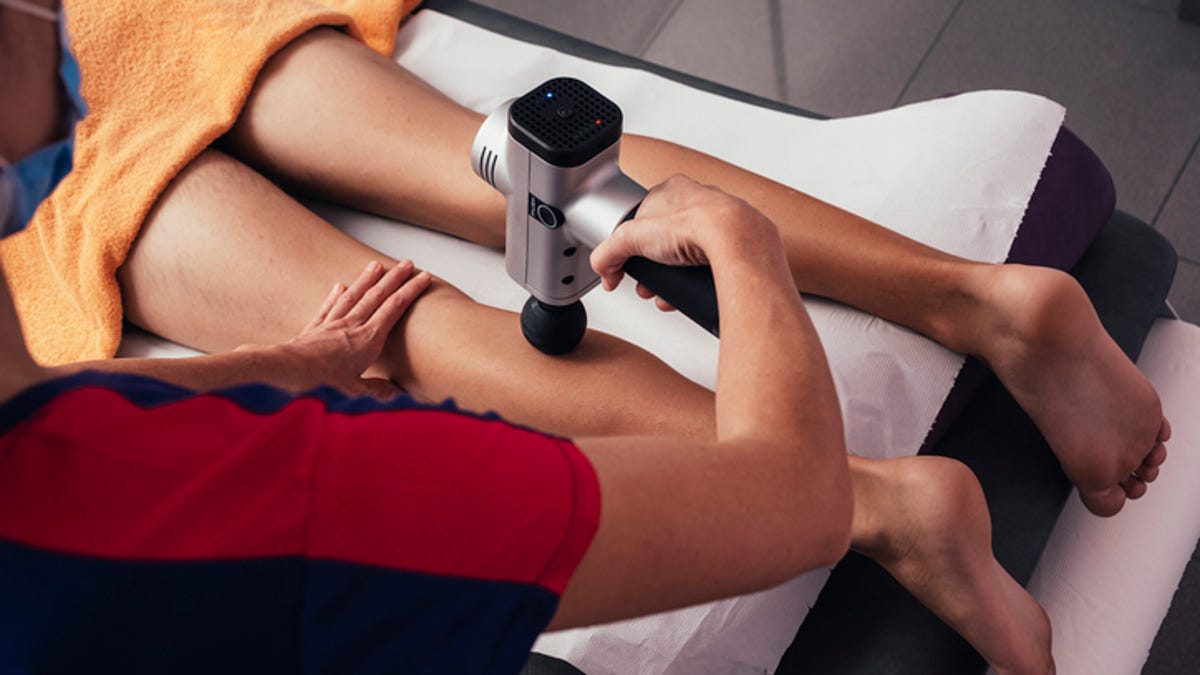Summary
Samsung is teaming up with iFit to bring expert-led workouts and real-time adaptive training to your gym equipment.
Source: cnet

AI News Q&A (Free Content)
Q1: What is Samsung's new health service and how does it aim to prevent fitness plateaus?
A1: Samsung, in collaboration with iFit, has launched a new health service that integrates expert-led workouts and real-time adaptive training. This service is designed to help users avoid fitness plateaus by adjusting workouts based on individual performance and feedback, thereby offering a personalized fitness experience.
Q2: How does adaptive training technology work in the context of Samsung and iFit's collaboration?
A2: Adaptive training technology in Samsung and iFit's collaboration works by using data from users' workout performances to tailor fitness routines in real-time. This technology adjusts the intensity and type of exercises as users progress, ensuring workouts remain challenging and effective.
Q3: What are the potential benefits of integrating adaptive training in fitness technology?
A3: The integration of adaptive training in fitness technology offers several benefits, including personalized workout experiences, enhanced motivation, and improved fitness outcomes. By continuously adjusting to the user's performance, it helps maintain engagement and effectiveness, thus reducing the likelihood of fitness plateaus.
Q4: What recent developments in adaptive training systems can be applied to fitness technology?
A4: Recent developments in adaptive training systems, as highlighted in research on adaptive BCI and personalized learning, include the use of machine learning to tailor content based on individual needs. These advancements can be applied to fitness technology to create dynamic and personalized workout plans that evolve with the user's progress.
Q5: How does Samsung's collaboration with iFit reflect broader trends in consumer fitness technology?
A5: Samsung's collaboration with iFit reflects a growing trend in consumer fitness technology towards personalization and interactivity. By leveraging adaptive training and expert-led workouts, the partnership aligns with consumer demand for customized fitness solutions that integrate seamlessly with their lifestyle.
Q6: What are some examples of adaptive technologies used in other fields that could influence future fitness innovations?
A6: Examples of adaptive technologies in other fields include cloud-based educational systems and augmented reality in personalized learning. These technologies provide insights into creating adaptive environments that respond to user inputs, potentially influencing future innovations in fitness technology by enhancing interactivity and personalization.
Q7: What challenges might Samsung and iFit face in implementing adaptive training technology in their fitness service?
A7: Challenges in implementing adaptive training technology may include ensuring the accuracy and reliability of data collection, maintaining user privacy, and integrating seamlessly with existing fitness equipment. Additionally, creating an intuitive user experience that effectively adapts to diverse fitness levels could also present challenges.
References:
- Health Connect
- A generic framework for adaptive EEG-based BCI training and operation
- Personalization of learning using adaptive technologies and augmented reality





